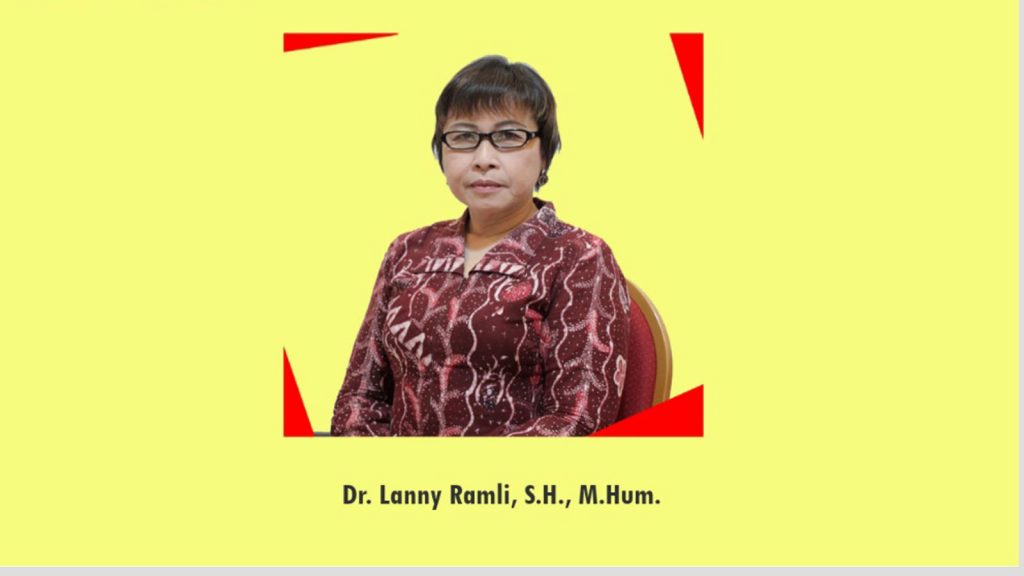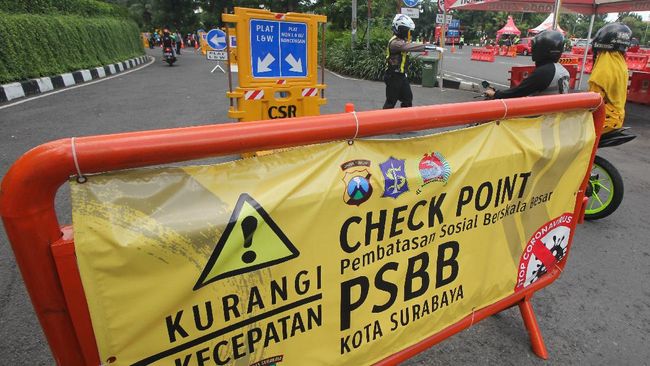UNAIR NEWS – The cluster of Covid-19 virus transmission continues to increase until now. Although the government has issued various regulations to implement health protocols, many problems still occur in its implementation. As a response, the 165th group of Community Service Program (KKN) Learning with Community (BBM) Universitas Airlangga (UNAIR) held a webinar entitled “Legal Aspects of Health Protocol Implementation in Surabaya City”.
Dr. Lanny Ramli, SH, M.Hum., as speaker opened the webinar by mentioning several examples of health protocol regulations that have been implemented nationally: the implementation of 3M (using masks, maintaining safe distance, and washing hands), work from home, and limiting community activities and education to an indefinite period of time.
“Furthermore, regulations and operations are completely regulated by the Regional Government as the executor of government functions. However, because each region has different local wisdoms, the regulations are also different, ” she explained in the activity held on Saturday, February 6, 2021 via Zoom .

The implementation of health protocols in the Surabaya area, according to the administrative law lecturer, is preventive in nature and is carried out to complement the legal provisions of the central and provincial governments. Previously, the lecturer who was born on August 21, 1966, mentioned that there are two types of protection in relation to protocols. First, repressive protection as someone can file a lawsuit in court if there is arbitrary action in the implementation of these rules. Second, preventive protection which is protection based on the rules of the law.
“After the existence of regulations regarding protocols, it is also important to establish a task force as law enforcement in the field. So, regulations are not just regulations, “said the lecturer known as Lanny.
However, Lanny explained that the realization of health protocols in Surabaya had many legal and social constraints. The main legal obstacle, according to her, is the absence of clear regulations in regional legal instruments regarding the technical implementation of health protocols. In addition, there is a lack of dissemination and supervision. The efficiency of protocols’ implementation is only limited by areas where the organization is active is also a constraint in itself.
“One example is that there is no control and supervision of street vendors who should be the subject of the implementation of the protocols,” she said.
Another obstacle, said Lanny, is the lack of facilities and means to support the implementation of health protocols. “In fact, the budget for providing these facilities is currently lacking,” she concluded. (*)
Author: Nikmatus Sholikhah
Editor: Feri Fenoria





